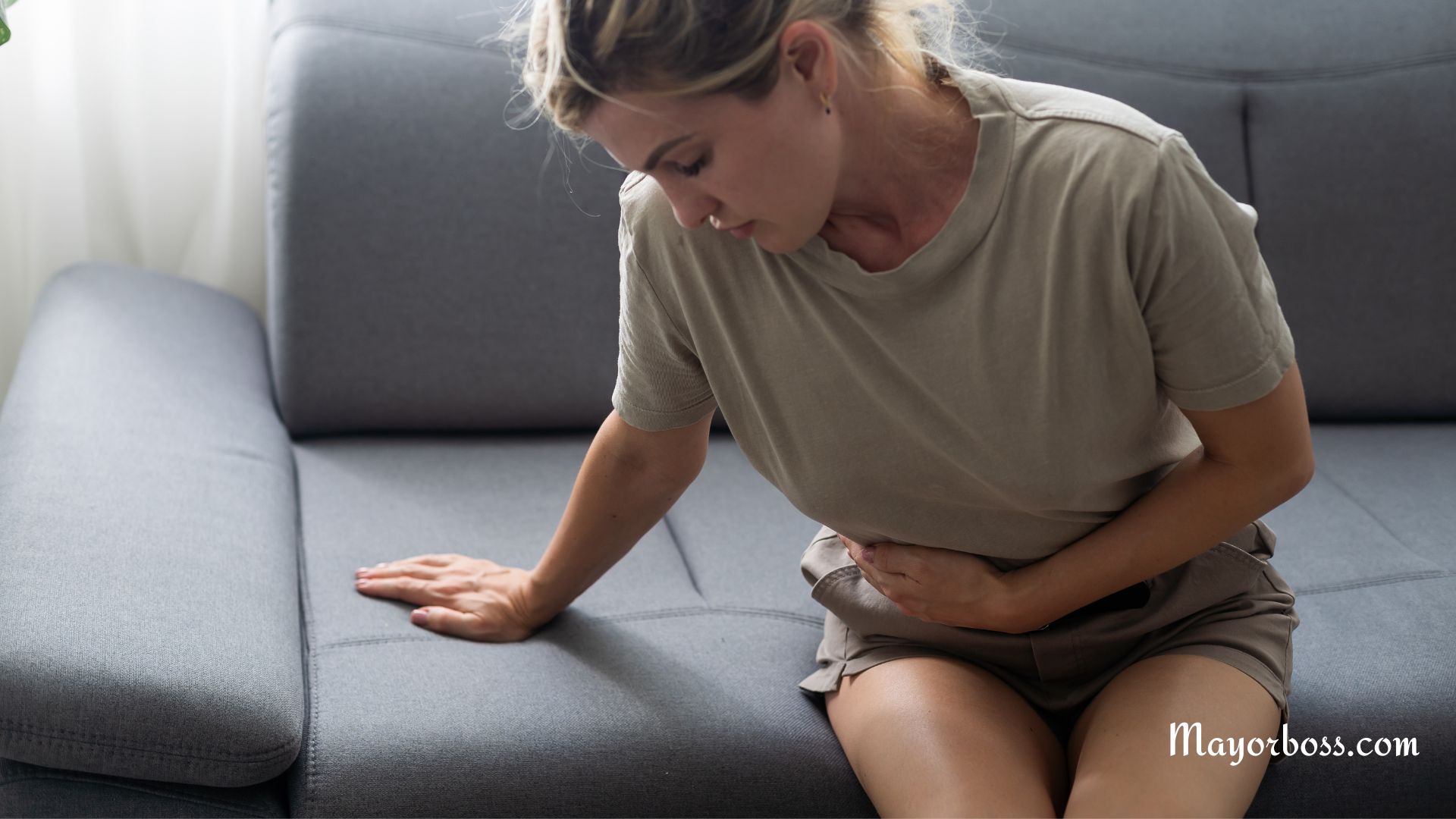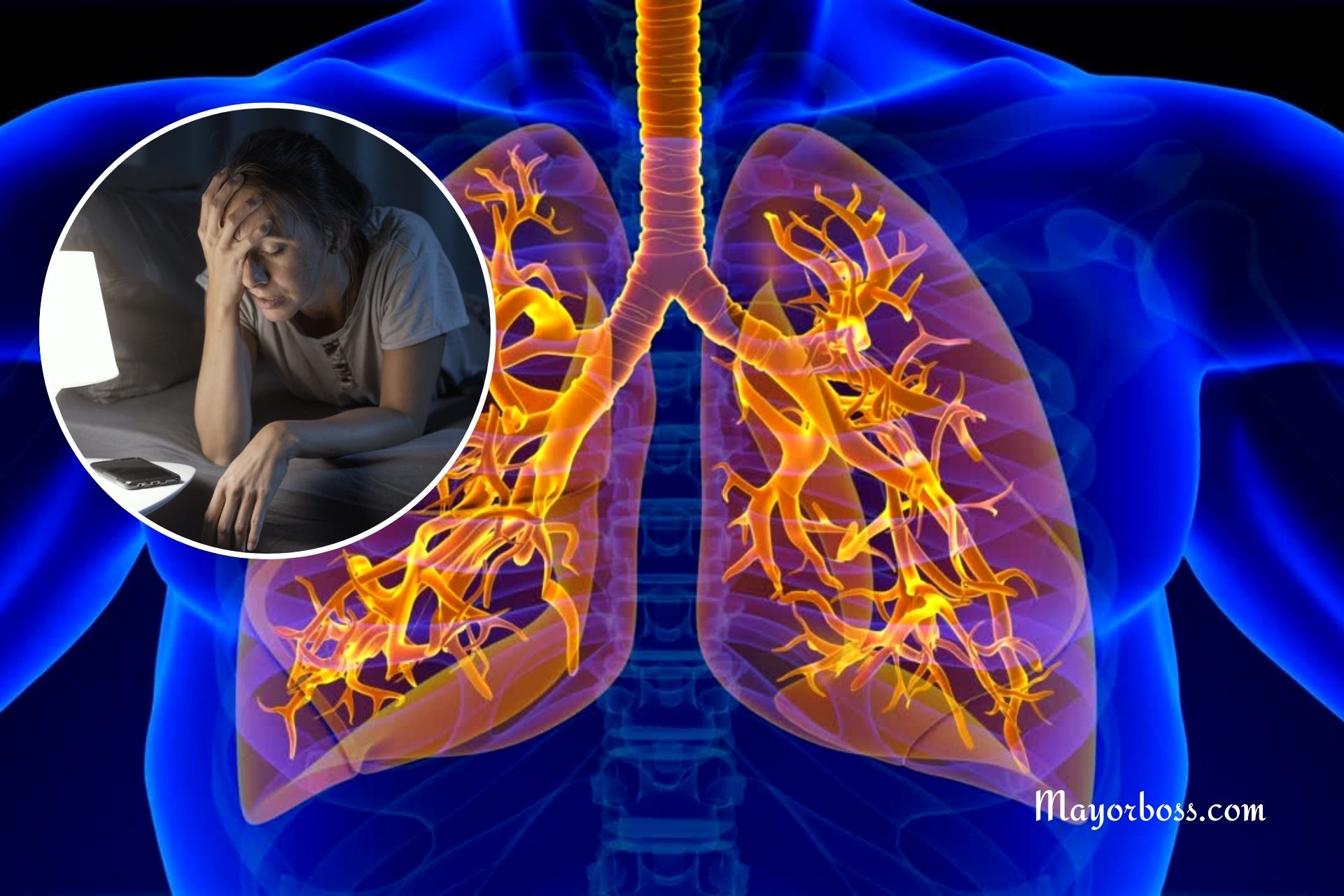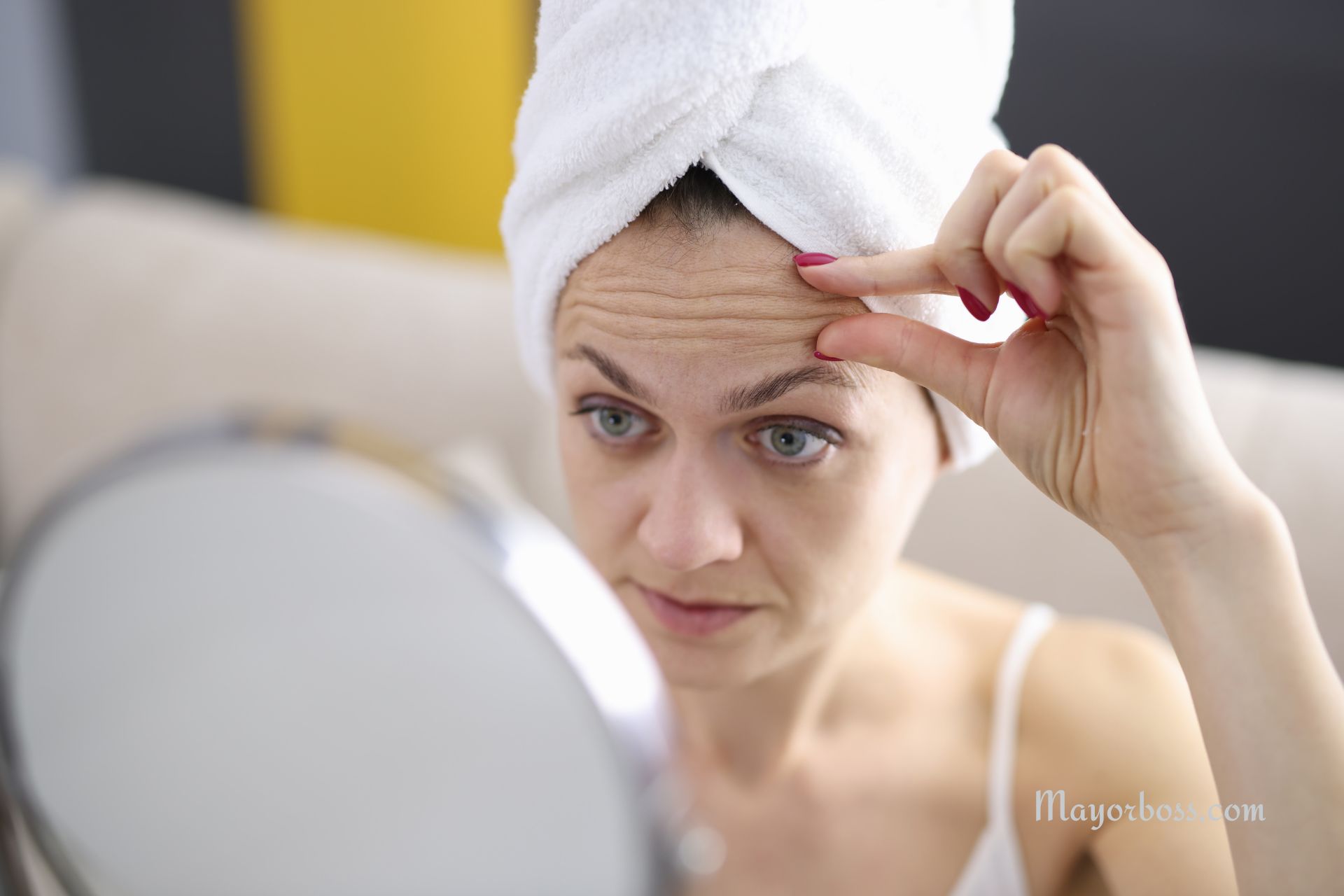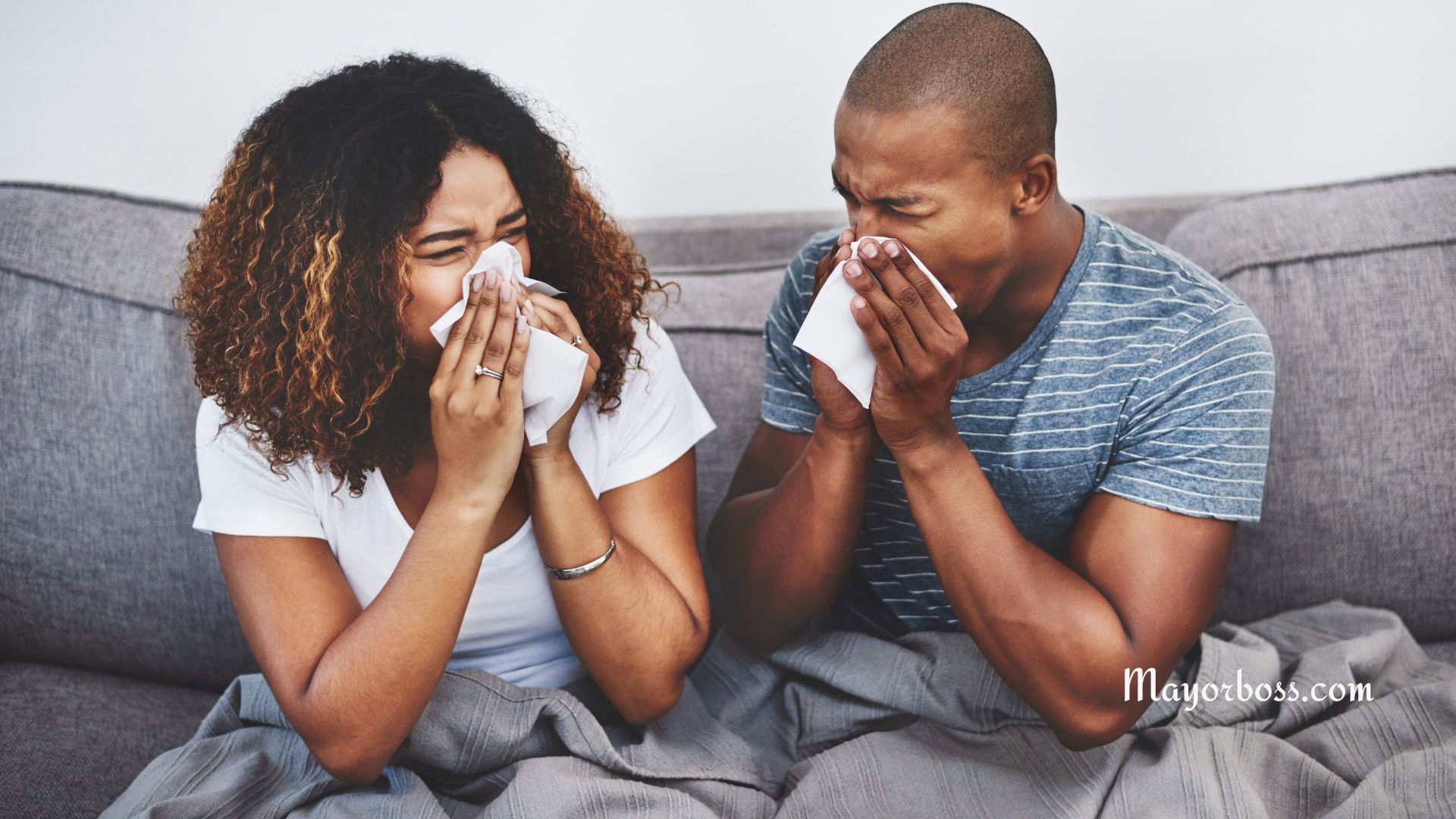How to Identify and Treat Non-STD Warts
Summary: Non-STD warts are small, skin-colored, or darker bumps that appear on your skin. These warts are caused by human papillomavirus (HPV) and are not sexually transmitted. You can treat them through various methods, such as over-the-counter medications, cryotherapy, or even home remedies. Read on to know how to spot these warts and what to do about them.
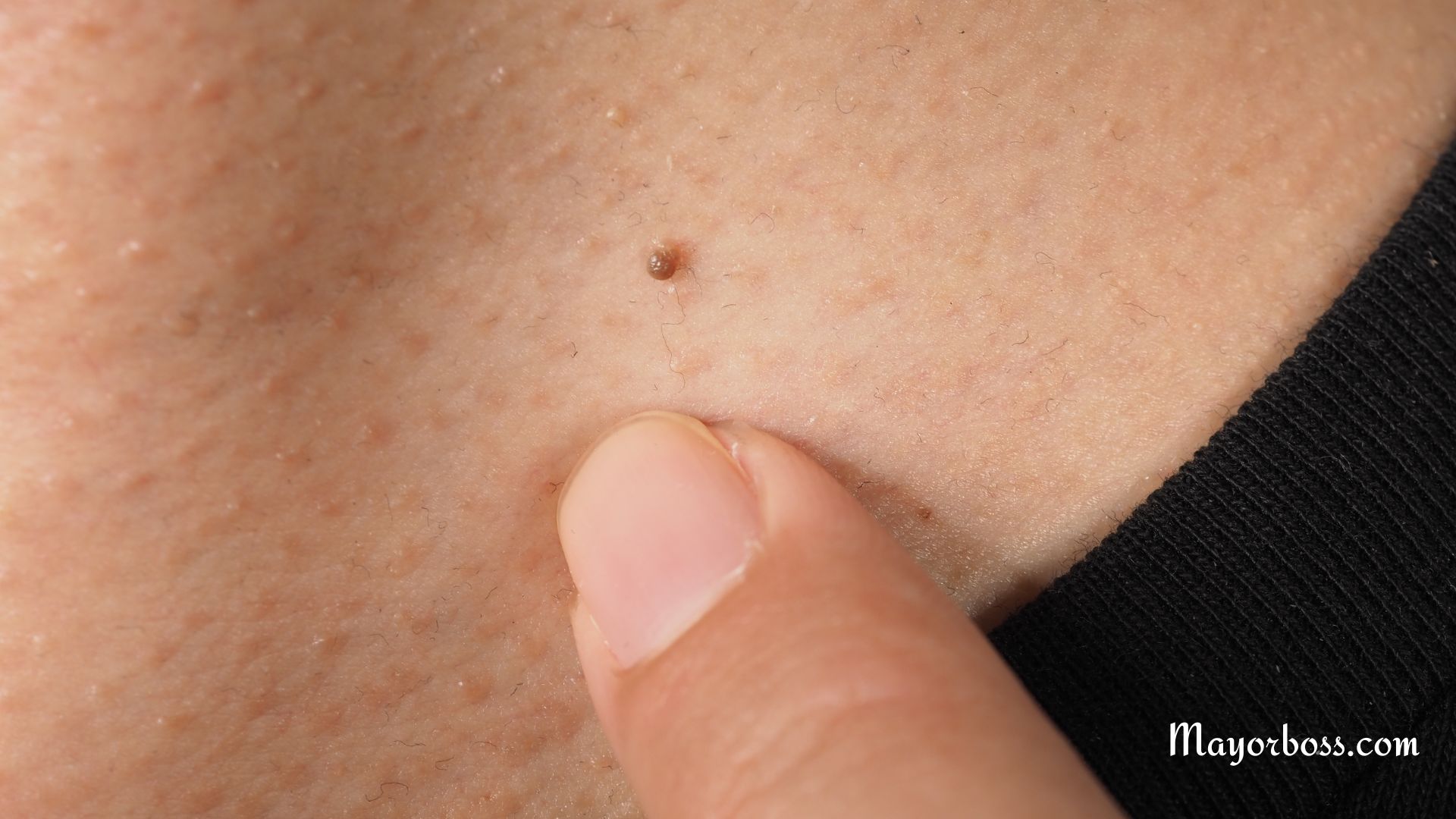
Spotting the Warts: What Do They Look Like?
When you notice small, rough-textured bumps on your skin, you might be dealing with non-STD warts. These warts can appear almost anywhere on the body. Most commonly, you’ll find them on your hands, feet, or face. They can vary in size and shape but are usually skin-colored or darker.
Types of Non-STD Warts
There are different types of non-STD warts, and each has its own distinct appearance:
- Common Warts: Usually found on hands and are dome-shaped.
- Plantar Warts: Appear on the soles of the feet and can be painful when you walk.
- Flat Warts: These are flat-topped and often show up on the face, arms, or legs.
- Filiform Warts: Long and thin, these warts typically sprout on the eyelids or lips.
Why Do Warts Appear?
Non-STD warts are caused by specific strains of the human papillomavirus (HPV). The virus enters your skin through small cuts or abrasions. Once inside, it causes the skin cells to grow rapidly, forming a wart.
Risk Factors
Certain factors can increase your likelihood of getting warts:
- Frequent skin-to-skin contact with a person who has warts
- Using public showers or pools without footwear
- Having a weakened immune system
How to Treat Non-STD Warts
After you’ve spotted a wart, your next move is to consider treatment. Treatment is often advisable to prevent the spread of the warts to other parts of your body or to other people.
Over-the-Counter Medications
Salicylic acid is a common over-the-counter treatment. This acid works by breaking down the skin cells that make up the wart. Apply the medication directly to the wart and follow the instructions on the package.
Cryotherapy
This involves freezing the wart using liquid nitrogen. A dermatologist usually performs this procedure. After the treatment, the wart and surrounding dead skin fall off on their own.
Home Remedies for Non-STD Warts
Some people opt for home remedies like apple cider vinegar or duct tape. However, there’s limited scientific evidence to support the effectiveness of these methods.
When to See a Doctor
If you’ve tried treating the wart at home without success, or if the wart is causing pain, consult a dermatologist. Additionally, if the wart changes in appearance or size, it’s crucial to get a professional opinion.
Professional Treatments
Your dermatologist might recommend other treatments, such as laser therapy, surgical removal, or stronger topical medications. These options are generally considered when other treatments have failed.
Preventing Future Warts
To avoid getting new warts, dermatologists usually recommend taking the following steps:
- Avoid direct contact with warts, either from other people or from yourself.
- Wear footwear in public pools or showers.
- Wash your hands frequently and thoroughly.
So, if you find yourself dealing with a stubborn wart, know that there are various treatment options available. With the right approach, you can successfully get rid of those annoying skin bumps and prevent future ones from appearing.
Frequently Asked Questions
How Long Do Warts Typically Last?
If you’re wondering about the lifespan of a wart, it varies. Some warts go away on their own within a few months, while others may take years. However, treating them can speed up the process. For stubborn warts that don’t seem to budge, professional treatments like cryotherapy or surgical removal might be more effective.
Can Warts Spread to Other Parts of the Body?
Yes, warts can spread. When you touch a wart and then touch another part of your body, there’s a chance for the virus to transfer. This is why it’s crucial to avoid picking at your warts and to wash your hands frequently. Using separate towels for your warts and the rest of your body can also help minimize the spread.
Are Warts Contagious?
Absolutely, warts can be contagious. They can spread through direct skin-to-skin contact or indirectly through objects like towels or razors that have been in contact with a wart. To minimize the risk, avoid sharing personal items and be cautious in communal areas like public pools or showers.
Is It Necessary to Treat Warts?
Treatment isn’t always necessary, especially if the wart isn’t causing any discomfort or spreading. Some warts even disappear on their own without any treatment. However, if your wart is painful, bothersome, or spreading to other parts of your body or other people, seeking treatment is advisable.
Further Reading: How to Get Rid of Warts

